Best Used Cars
Best Used Cars in Kolkata
Documents
flywheel cars in india
flywheel cars in kolkata
FLYWHEEL INDIA
flywheel kolkata
kolkata used dealer
preowned car
preowned cars
preowned cars for sale
preowned cars in india
preowned cars in kolkata
preowned cars jeep price
preowned cars sedan price in india
preowned cla price in india
preowned endeavour car
preowned evoque price
preowned hector plus price in india
preowned jeep compass price in kolkata
preowned kia seltos price
preowned mercedes car
preowned mercedes gla car
preowned mercedes price in india
preowned suv cars in india
preowned suv price in india
second hand audi price
second hand bmw cars
second hand bmw price in india
second hand bmw price in kolkata
second hand car
second hand car in india
second hand car in kolkata
second hand cars in india
second hand dealership in kolkata
second hand fortuner price
second hand jeep price
second hand mercedes car
second hand mercedes gla price in india
second hand sedan car price in india
second hand suv
used car buys
used car in india
used car in kolkata
used car jeep compass price
used car kia seltos price
Used Car Purchase
used car suv
used cars
used cars audi price in india
used cars bmw price in india
used cars buy
used cars for sale
used cars fortuner price
used cars in india
used cars in kolkata
used cars india
used cars kolkata
used cars sale
used cars sedan
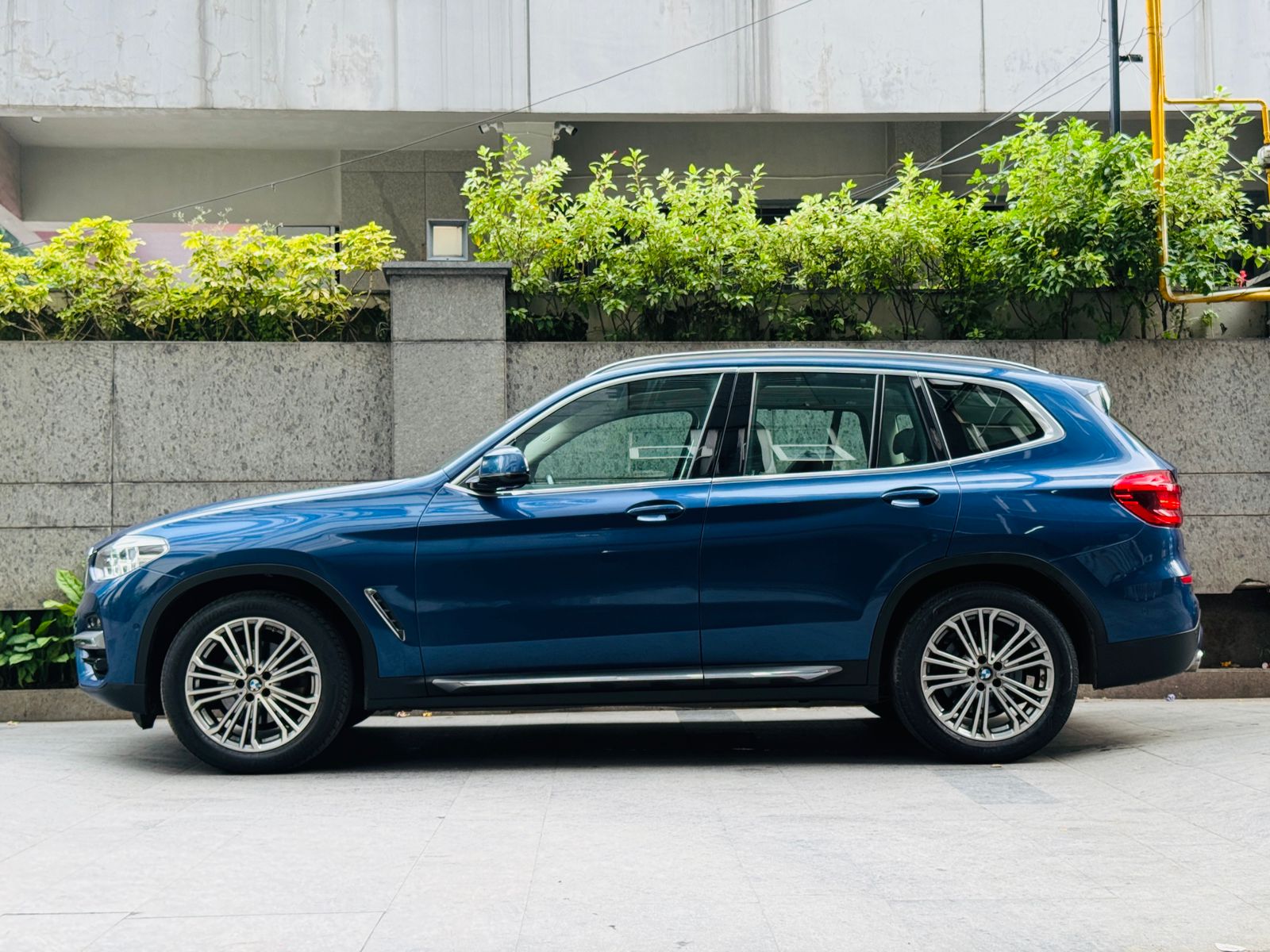
7 Documents to Verify for a Risk-Free Used Car Purchase
When purchasing a used car, ensuring a safe and risk-free transaction starts with the verification of essential documents. These papers not only certify the authenticity of the vehicle but also protect you from legal and financial complications. We’ve outlined the seven critical documents you should check before finalizing your deal. Each one is crucial in its own right and ensures your purchase is legitimate and transparent.
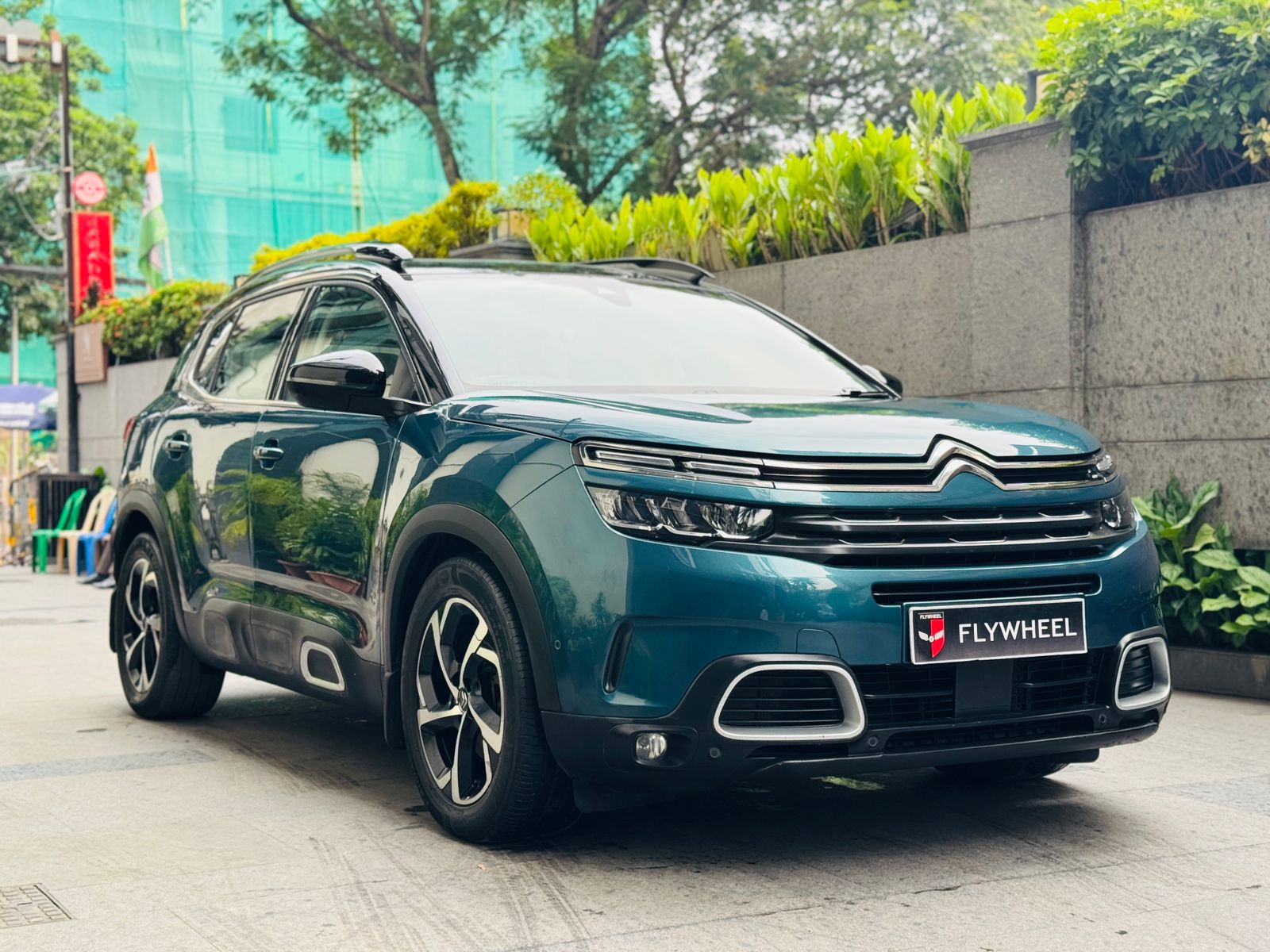
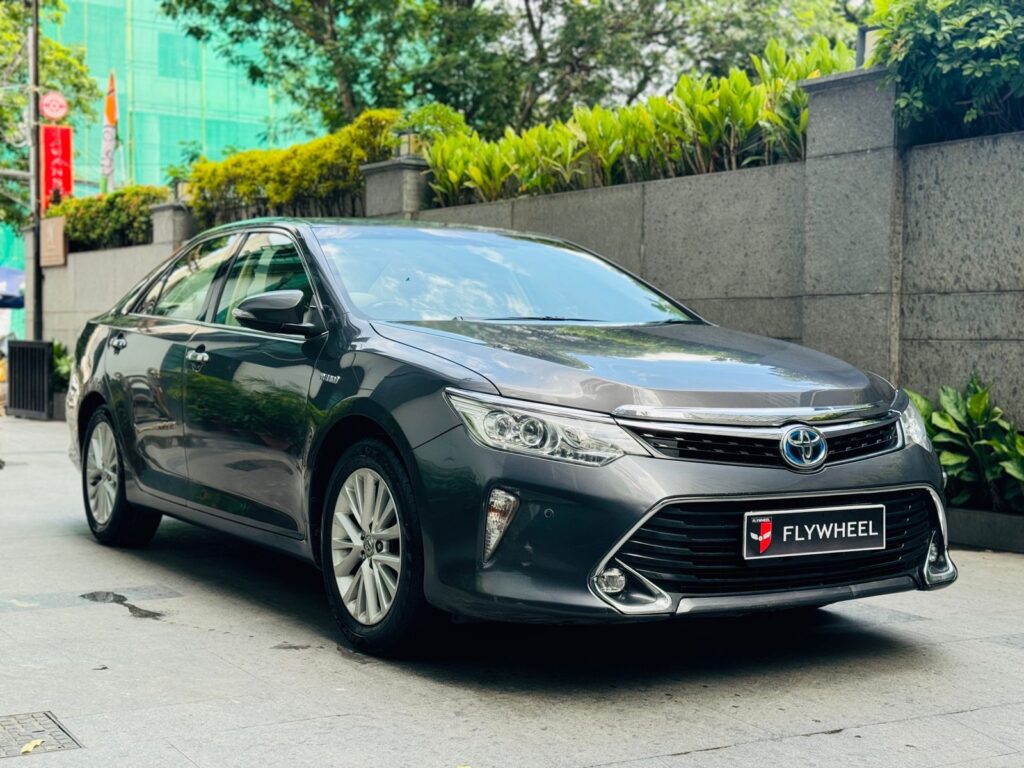
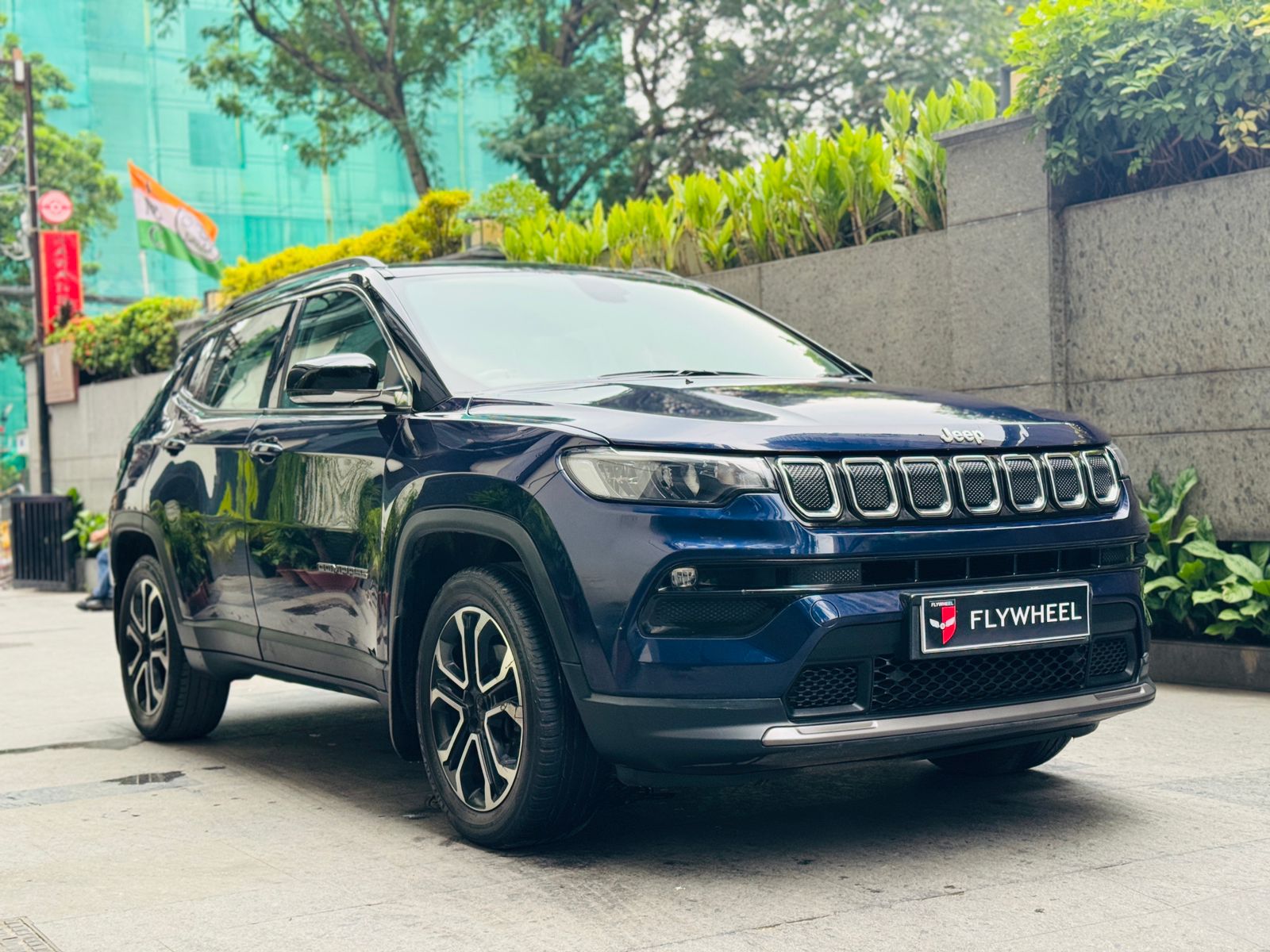
7 Key Documents for a Safe Used Car Purchase
1. Registration Certificate (RC)
The Registration Certificate (RC) is one of the most important documents when buying a used car. It confirms that the vehicle is legally registered with the relevant transport authority. Make sure that the RC reflects:
- The correct engine and chassis number of the vehicle.
- The owner’s name (should match the seller).
- If the vehicle is under hypothecation, it will show on the RC, indicating if the car is financed by a bank.
Additionally, confirm whether the car is a transferable vehicle (if applicable) and whether the RC has been updated in case of multiple owners. Also, check for any discrepancies in the RC as this can affect your ownership in the future.
2. Insurance Papers
Car insurance is essential for covering damages and third-party liabilities. For used cars, verify the insurance status and whether it’s still valid. Pay attention to the following points:
- Confirm the type of insurance (third-party or comprehensive).
- Check the expiration date of the policy to avoid any lapses.
- Go through the claim history of the car, if available. A vehicle with frequent claims might have undergone several repairs, which can indicate past accidents or damages.
Always request a No Claim Bonus (NCB) certificate if applicable, as this can help reduce insurance premiums when you renew.
3. Pollution Under Control (PUC) Certificate
A valid Pollution Under Control (PUC) certificate is mandatory in India for all vehicles. This document certifies that the car meets emission standards, ensuring that it complies with environmental regulations. When checking the PUC, ensure:
- It is up to date and issued for the correct vehicle.
- The car meets the current emission norms.
A lapsed PUC certificate can lead to fines and legal troubles, so make sure this document is in order at the time of purchase.
4. Sales Receipt or Invoice
Obtaining a sales receipt or purchase invoice is critical to avoid future disputes. The invoice acts as legal proof of purchase, especially when buying from a dealer. The receipt should contain:
- Price breakdown including taxes, fees, and any additional charges.
- The date of purchase and clear mention of the parties involved (buyer and seller).
In case of a private sale, ensure that the seller provides a formal sales receipt for the record. It will protect you from any claims related to ownership.
5. Form 32 and 35 (If the Vehicle was Financed)
If the car was purchased on a loan, it will be hypothecated to the financing bank. To transfer the ownership, you need to ensure that the loan is fully paid off. This is where Form 32 and Form 35 come in:
- Form 32 certifies that the car was hypothecated to a financial institution.
- Form 35 confirms that the loan has been repaid, and the hypothecation is removed.
Verify that the forms have been duly signed and processed by the Regional Transport Office (RTO). This is vital as an outstanding loan will prevent you from obtaining clear ownership of the car.
6. Road Tax Receipt
Road tax is a one-time payment made during the registration of the vehicle. It is critical to verify that the previous owner has fully paid the road tax, as any unpaid dues will be transferred to you as the new owner. Here’s what to check:
- The road tax receipt should indicate the complete amount paid by the original owner.
- Make sure the receipt reflects the car’s correct registration number and engine details.
An unpaid road tax can cause significant legal complications, including penalties, so double-check this document before finalizing your purchase.
7. No Objection Certificate (NOC)
The No Objection Certificate (NOC) is necessary when the vehicle is being transferred across states or if there are any outstanding financial or legal liabilities. The NOC certifies that:
- There are no financial dues (loans or mortgages) on the car.
- The car is cleared of any legal obligations or disputes.
If you’re purchasing a used car from another state, you must ensure that the NOC from the RTO is available. This allows for the smooth re-registration of the vehicle in your state. Additionally, if the car was financed, an NOC from the financing bank is also necessary to ensure the loan has been closed.
Bonus: Service History
While not an official document, a comprehensive service history can offer valuable insights into the vehicle’s maintenance and condition. Cars that have been regularly serviced at authorized service centers are usually more reliable. Ask for service records and look for:
- Consistent service intervals.
- Details of any major repairs or replacements.
A clean service history not only adds to the car’s reliability but also increases its resale value in the future.
Final Thoughts
Purchasing a used car can be a smooth and hassle-free experience when you verify all the necessary documents. Ensuring that these seven key documents are in order will help you avoid fraud, legal issues, and financial setbacks. Always conduct due diligence and request copies of all paperwork before signing on the dotted line.
For a risk-free used car purchase, remember: registration, insurance, taxes, loans, and pollution certificates are your shield against future complications.
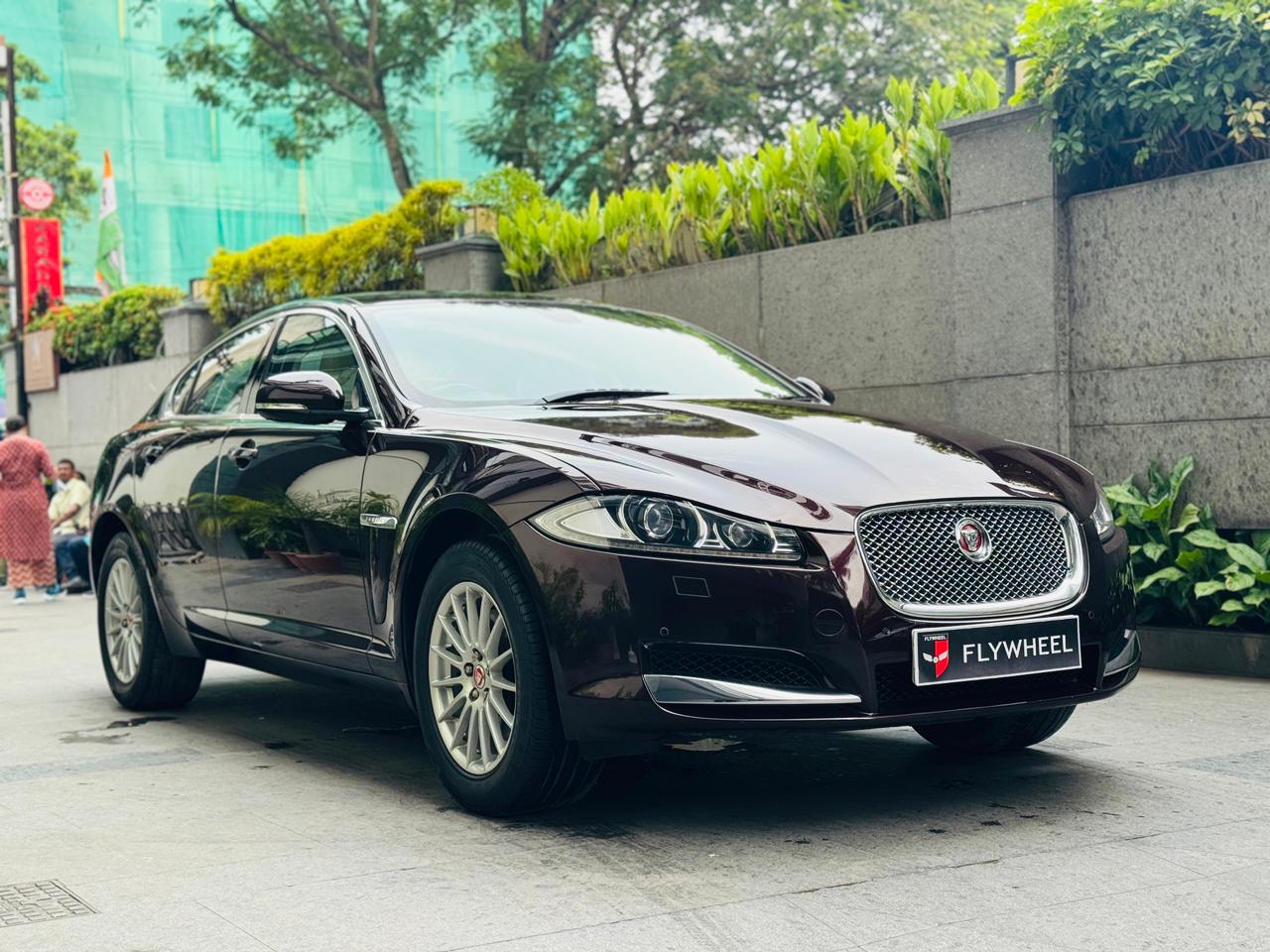
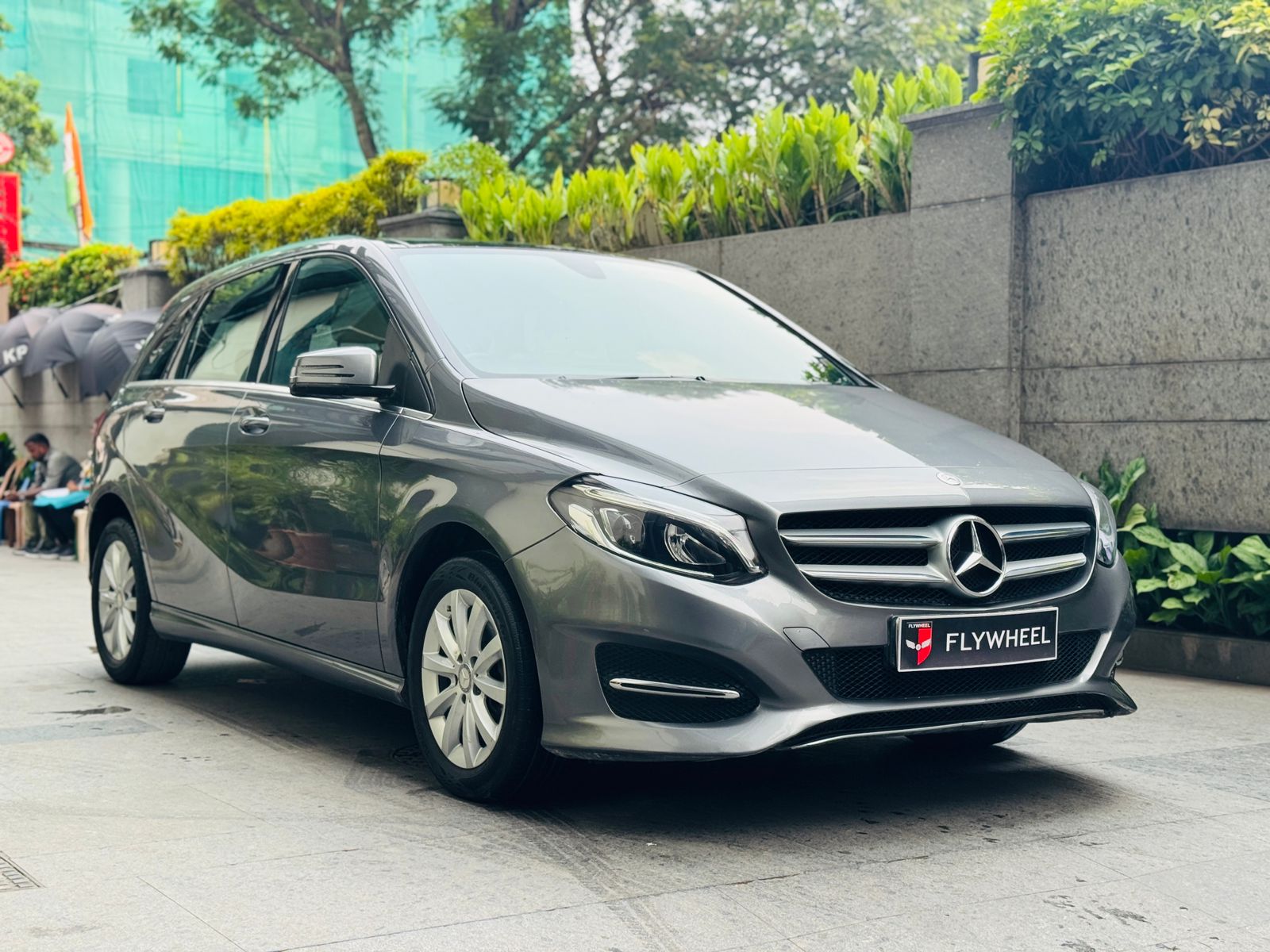
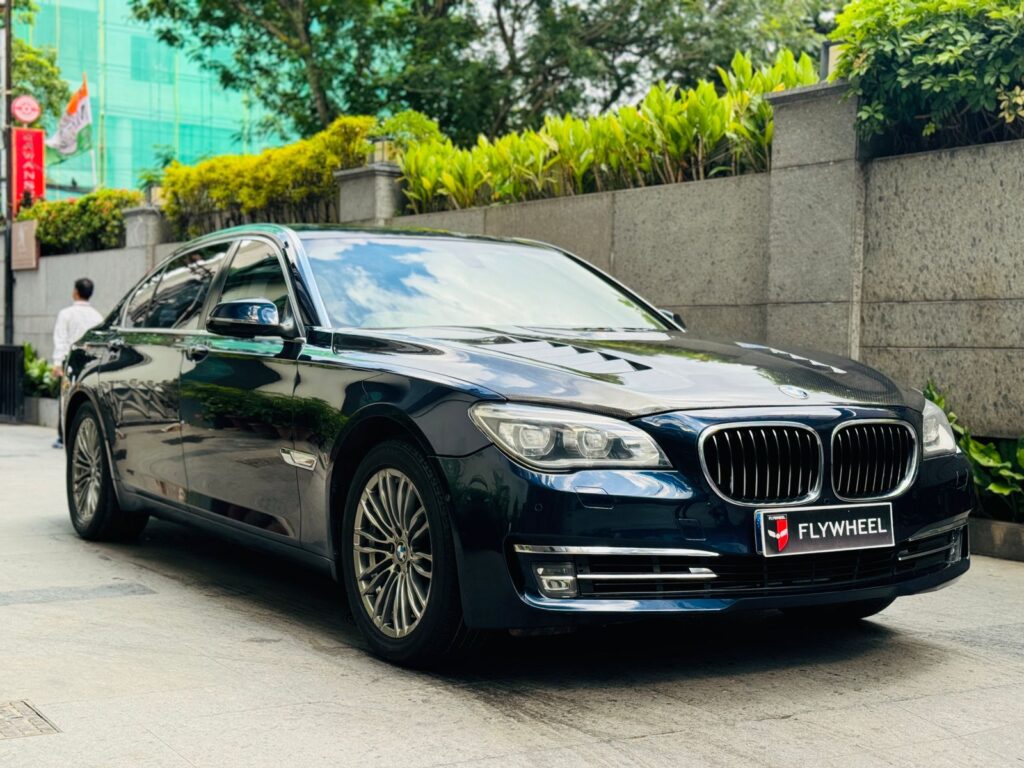
Where to Buy the Best Used Cars in Kolkata
In Kolkata, several reputable dealerships in 2024 specialize in used cars, offering a wide selection of thoroughly inspected and certified vehicles. Dealerships like Flywheel Cars provide a range of used cars that meet strict quality standards, ensuring buyers get the best value for their money.
At Flywheel Cars in Kolkata, explore our premium selection of luxury used cars at unbeatable prices. We offer only high-quality, authentic vehicles to suit any budget and lifestyle. Discover the perfect blend of sophistication and comfort in our meticulously curated inventory!
FAQ:
1. What is the most important document to check when buying a used car?
The Registration Certificate (RC) is the most crucial document. It confirms the car’s ownership, registration, and key details like the engine and chassis number. Ensure the information matches the vehicle you are purchasing.
2. Why is it important to check the car’s insurance papers?
Verifying the insurance papers ensures the car is legally insured and helps you review its claim history. It also confirms if the policy is still active and what kind of coverage the vehicle has.
3. What is a No Objection Certificate (NOC), and when do I need it?
A No Objection Certificate (NOC) is necessary if the car was financed or is being transferred across states. It certifies that there are no outstanding financial or legal liabilities tied to the vehicle.
4. Why should I ask for the car’s service history?
The service history gives insights into the car’s maintenance, helping you assess its condition and reliability. Regular service at authorized centers indicates the car has been well taken care of.
5. What is the importance of a Pollution Under Control (PUC) certificate?
The PUC certificate ensures the vehicle complies with emission standards. It is mandatory by law and must be up-to-date to avoid legal issues and fines.
More Interesting Blogs To Read:
Ready to Upgrade in 2024? Explore Our Unique Selection of Used Cars!
5 Key Reasons Mileage Is Important When Buying a Used Car
12 Essential Car Maintenance Tips for a Smoother Ride
Diesel or Petrol? 5 Important Considerations for Buying a Used Car
Ranked as the top used car dealer in Kolkata, Flywheel specializes in offering a wide range of premium vehicles to our clients. Our unwavering commitment to customer satisfaction and uncompromising dedication to quality set us apart in the industry.


